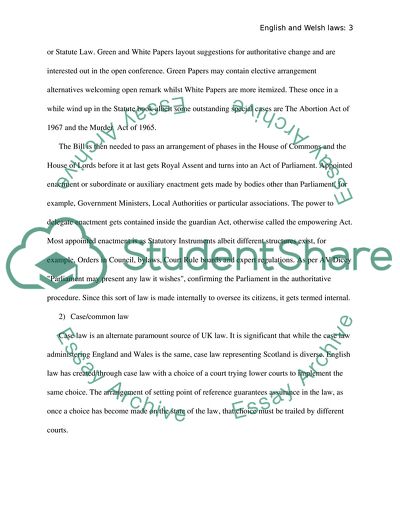Cite this document
(The Different Sources of the law in England and Wales Coursework - 3, n.d.)
The Different Sources of the law in England and Wales Coursework - 3. https://studentshare.org/law/1844914-assess-the-different-sources-of-the-law-in-england-and-wales-to-what-extent-have-external-sources-affected-its-development
The Different Sources of the law in England and Wales Coursework - 3. https://studentshare.org/law/1844914-assess-the-different-sources-of-the-law-in-england-and-wales-to-what-extent-have-external-sources-affected-its-development
(The Different Sources of the Law in England and Wales Coursework - 3)
The Different Sources of the Law in England and Wales Coursework - 3. https://studentshare.org/law/1844914-assess-the-different-sources-of-the-law-in-england-and-wales-to-what-extent-have-external-sources-affected-its-development.
The Different Sources of the Law in England and Wales Coursework - 3. https://studentshare.org/law/1844914-assess-the-different-sources-of-the-law-in-england-and-wales-to-what-extent-have-external-sources-affected-its-development.
“The Different Sources of the Law in England and Wales Coursework - 3”. https://studentshare.org/law/1844914-assess-the-different-sources-of-the-law-in-england-and-wales-to-what-extent-have-external-sources-affected-its-development.


